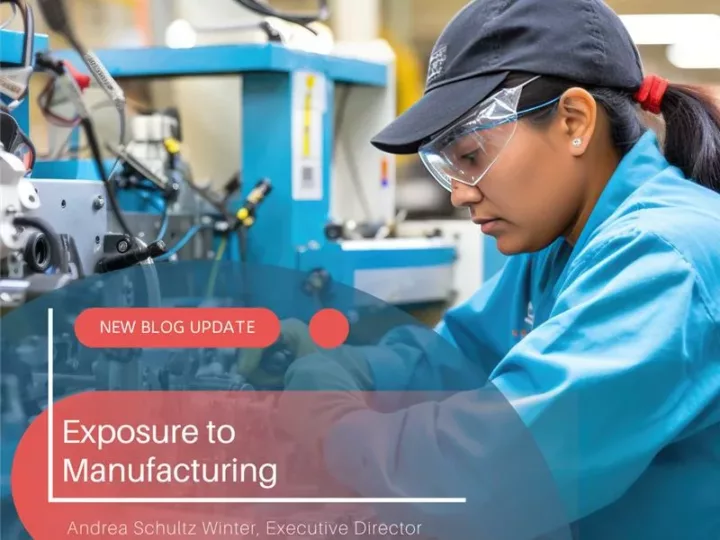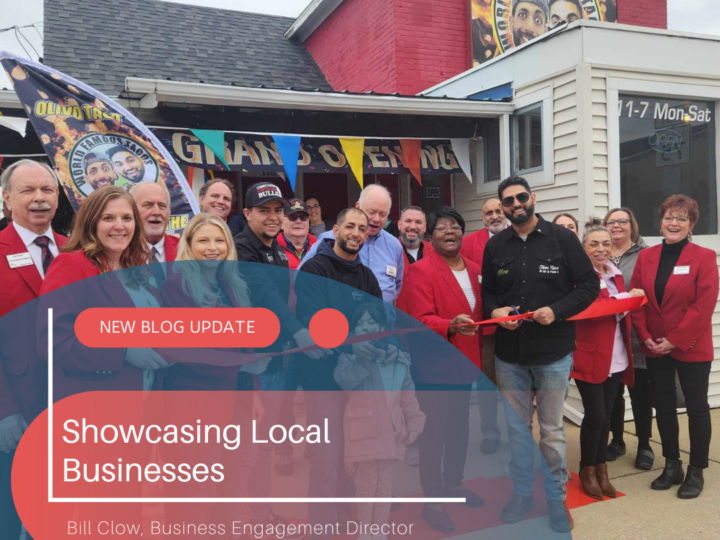On my information-gathering tour of Stephenson County’s employers, large and small, I’ve heard a consistent theme: every business wants to attract more and higher quality workers. With national unemployment under 4% and area unemployment at 5.3% (September 2018), it is currently a very difficult environment in which to be an employer with open positions. In addition, national and local demographics are changing, with a total decline in our County population of 3% since 2011 (source: U.S. Census Bureau).
In the meantime, something of a shift in traditional thinking is necessary. Credible sources are now using the phrase “new collar workers” for tomorrow’s employees. This term, coined by IBM CEO Ginni Rometty in late 2016, describes a class of employees who do not need a 4-year degree to obtain and advance in very secure and lucrative careers. In other words, specific skills matter more in these professions than level of educational attainment. This has for many years been true of the construction trades, but this concept expands now to include tech workers, many health care workers and some financial professions. To view an interesting graphic video illustrating this point, search YouTube for “Success in the New Economy”.
According to Cathy Barerra, an economist with Prysm Group, in a March 2018 article for Ziprcruiter.com, the projected New Collar growth areas are:
- Technology, particularly Cybersecurity and Artificial Intelligence, Cloud Computing, User Interface Design and Architecture, Database Management, Help Desk and Tech Support
- Healthcare, particularly pharmacy tech, dental assistant and medical assistant
- Aviation and automotive, particularly mechanics and programmers
- Shipping and manufacturing, particularly robot maintenance
While many large employers, like IBM, are creating their own training programs, an opportunity exists for education providers to adjust curriculum and training to take advantage of these job growth projections. In addition to this adjustment, parents and students may need to change their thinking about traditional career readiness.
A shortage of qualified workers has put businesses in the difficult position of postponing expansion or even thinking of locating elsewhere. Finding some solutions to this identified problem will be the main focus of the Greater Freeport Partnership’s work over the next year. This work will be done in cooperation with education and training providers from kindergarten to associates degree and beyond, alongside employers who will articulate their current and future needs.
Contact Rebecca Motley at rmotley@greaterfreeport.com; 815-233-1856




